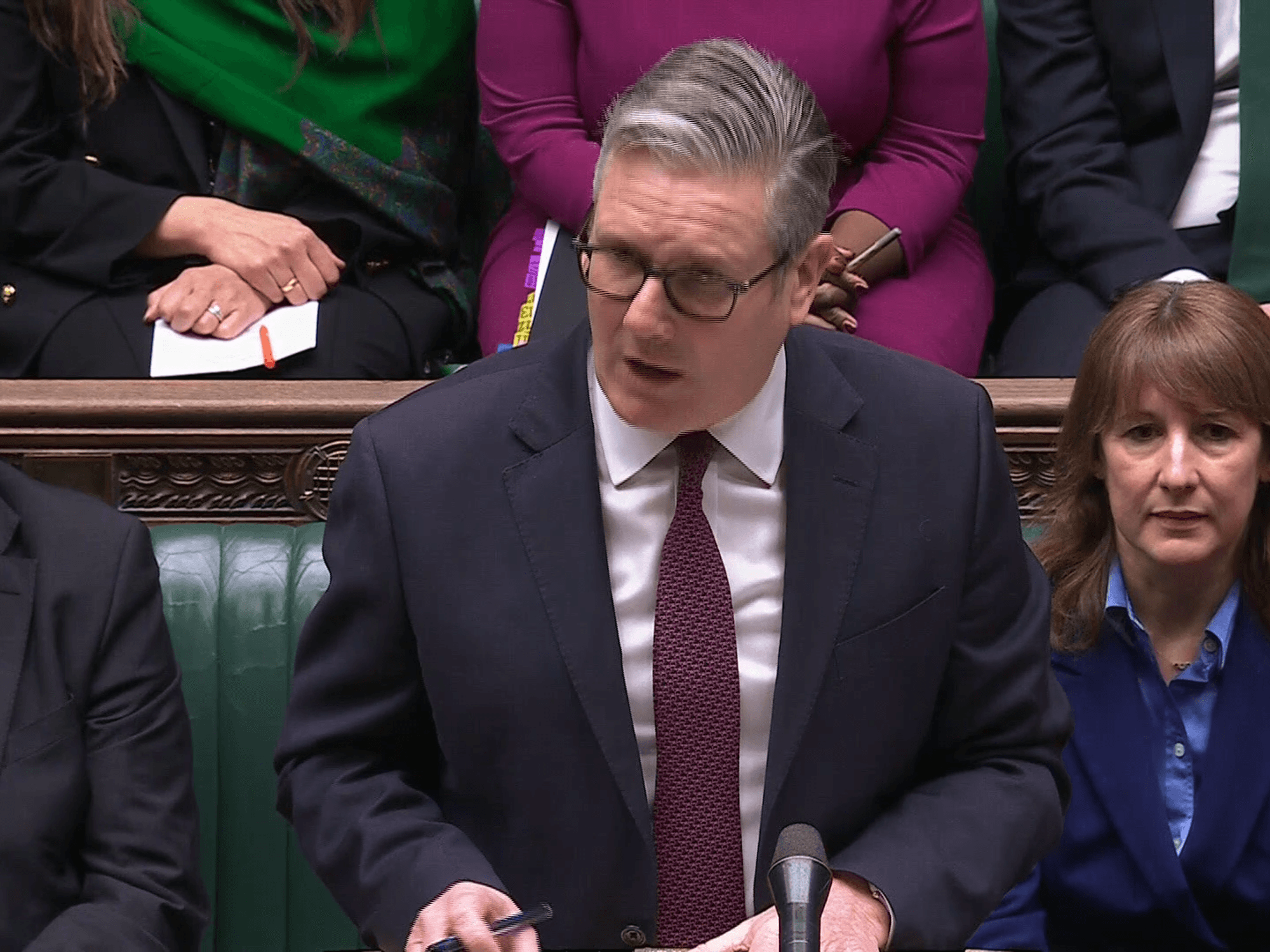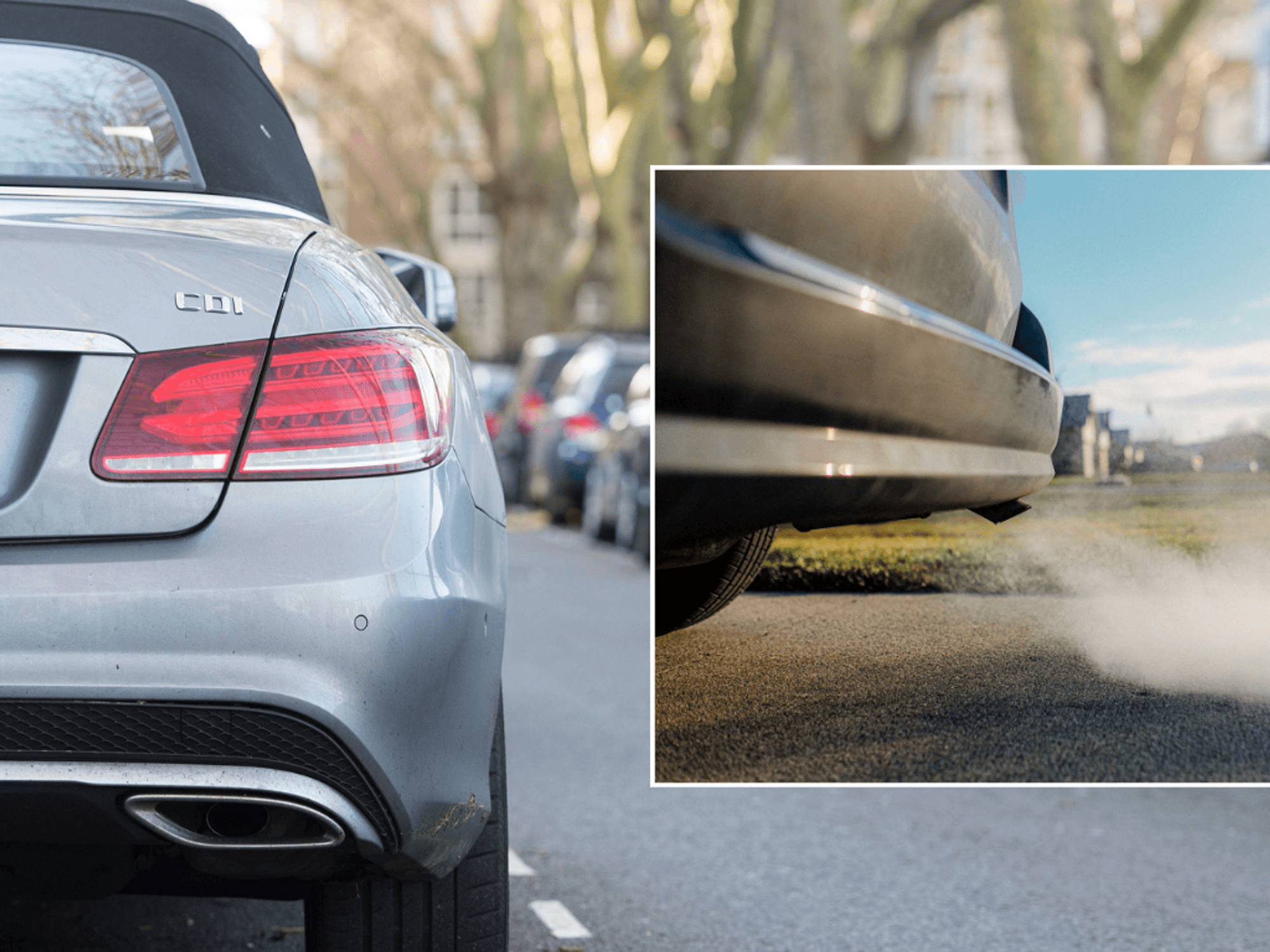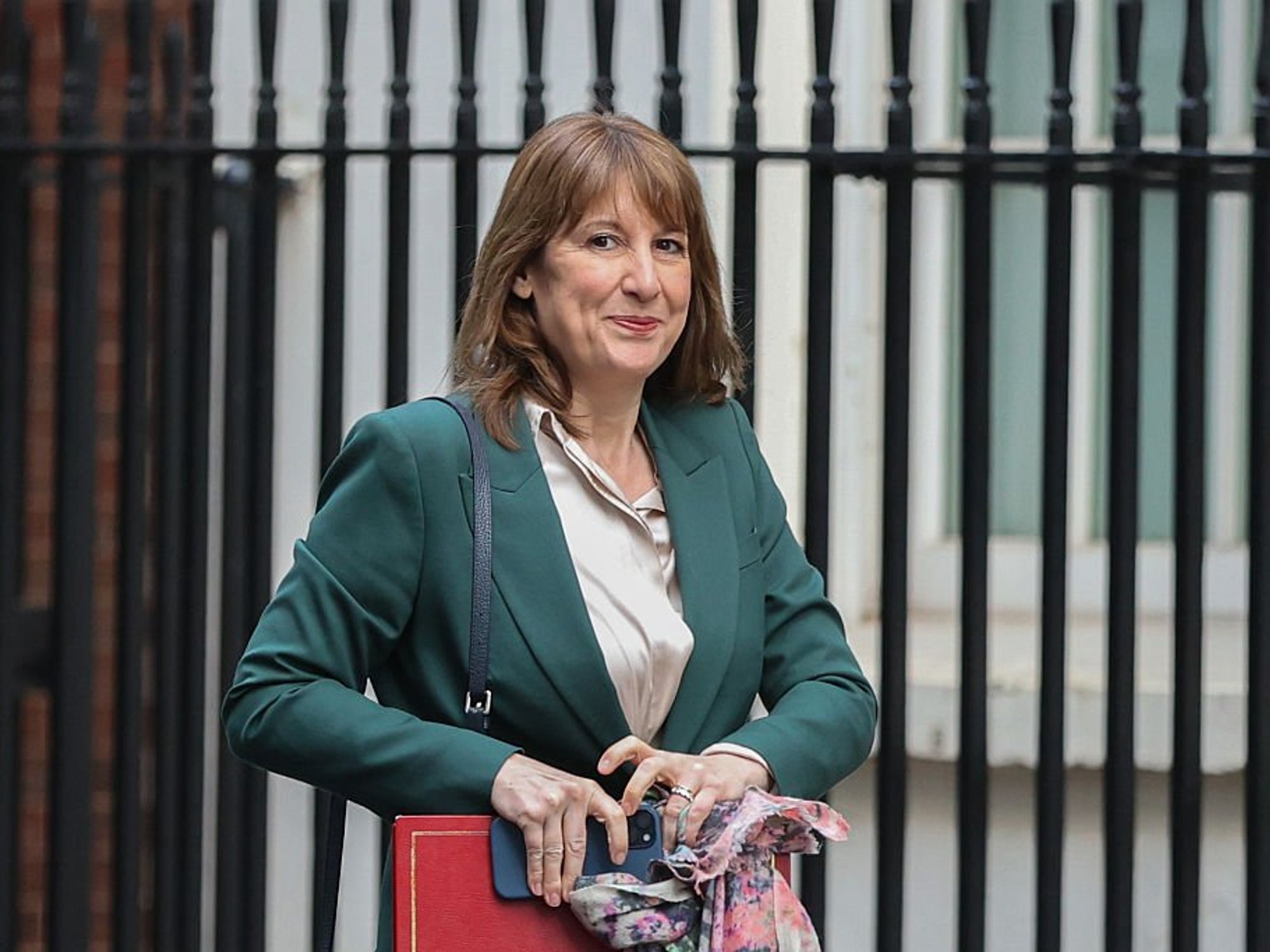'Insane!' NHS spent £1.4bn on net zero schemes without reducing carbon footprint
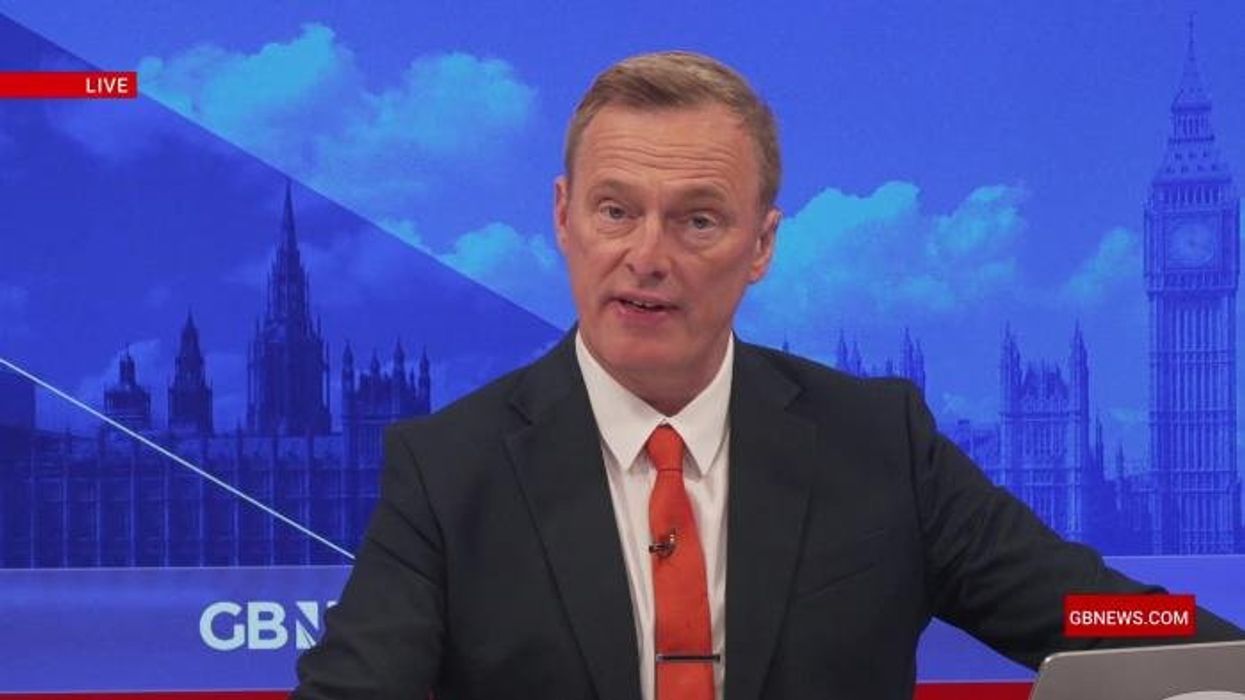
WATCH: NHS blasted for paying middle management eye-watering salaries - 'The optics are dreadful!'
|GB NEWS
The health service has splashed out on blue-coloured plates and bowls in a bid to slash emissions
Don't Miss
Most Read
Trending on GB News
The NHS has failed to reduce its carbon footprint despite splashing more than £1.4billion in public money on net zero schemes.
The health service has heavily invested in eco-friendly projects, including introducing electric ambulances, switching to "climate-friendly" pain relief and factoring sustainability into decisions about medicines and supplies.
However, recent figures show that the health service’s carbon emissions are no lower than they were when the “Greener NHS” project was rolled out five years ago, The Telegraph revealed.
The NHS has recently launched a host of new initiatives it says will cut emissions, including limiting paper use, hiring new net zero managers, and even switching to blue-coloured plates and bowls.
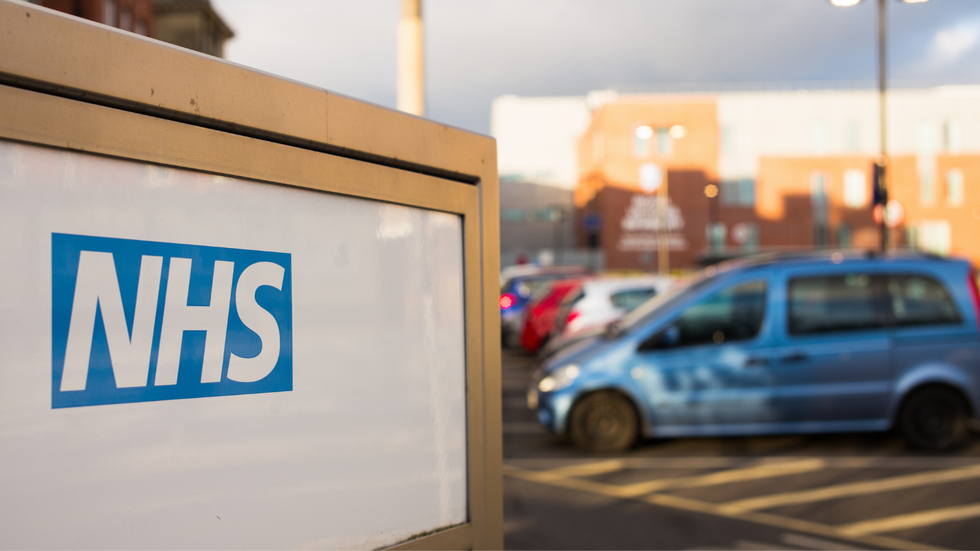
The health service has heavily invested in eco-friendly projects in recent years
| GETTYTRENDING
Stories
Videos
Your Say
The switch to electric ambulances is expected to cost taxpayers hundreds of millions of pounds.
Meanwhile, Energy Secretary Ed Miliband will invest over £250million in solar panels at 260 NHS sites, along with military bases and schools.
Five years ago, the health service pledged to achieve net zero by 2040 for emissions it directly controls, and by 2045 for emissions it influences, including staff commuting and the supply chain.
However, in 2024/25, the emissions which the NHS influences stood at 27.3 million tonnes of carbon dioxide equivalent - the same as that recorded in 2019/20.
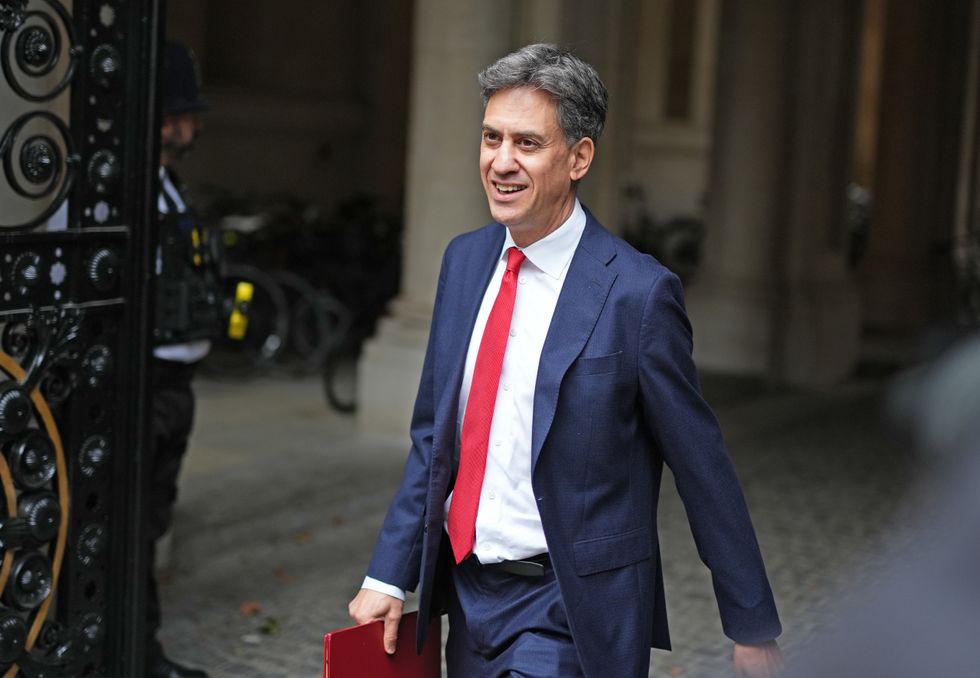
Energy Secretary Ed Miliband will invest over £250 million in solar panels at 260 NHS sites
| PAThe data also shows that despite the rollout of electric emergency vehicles, travel-related emissions have remained unchanged at around 700,000 tonnes of carbon dioxide equivalent.
NHS vehicles made up 2.5 per cent of the health service’s total emissions in 2024/25.
However, the NHS says it has cut emissions in areas it directly controls - down from 5.5 million to 4.7 million tonnes of carbon dioxide equivalent.
The health service claims this reduction is “equivalent to one million people flying from London to New York.”
A BROKEN NHS - READ MORE:

Despite the rollout of electric emergency vehicles, travel-related emissions have remained unchanged
| NHS TRUSTFormer Conservative Health Secretary Steve Barclay said NHS funding should be focused on helping patients rather than “specific ideological preferences.”
He said: “At a time of unprecedented challenges within the NHS, it is imperative that funding is prioritised to patient-facing care, and to reducing pressures on already overburdened staff.
“As such, the first call on available funding should be to embrace the latest technology to speed up diagnosis, and to deploy the most up-to-date equipment, to improve both time in surgery and recovery, rather than indulging in the specific ideological preferences of individual managers within the NHS.”
A Government spokesman said: “Every pound the health service spends on energy bills is money that can’t be spent on cutting waiting times and improving care, and this government is taking action to ensure every penny is saved where possible in the NHS.
“For example, trusts are benefiting from additional Great British Energy funding for solar panels to cut their energy bills, and we are rolling out more electric vehicles to cut emissions and fuel costs, which will see millions of pounds saved and pumped into front-line services.
“We expect the NHS to use taxpayers’ money wisely - and by modernising the health service, cutting wasteful spending and taking back control of our energy, we will get patients treated faster.”
A spokesman for the NHS said: “Greener initiatives are always focused on delivering better value for money and better care for patients.
“Electric vehicles are cutting emissions, maintenance and fuel costs, saving the health service around £59million a year that can be reinvested in front-line care, while wider energy efficiency work across NHS buildings continues to reduce waste and bills.”
Our Standards: The GB News Editorial Charter
More From GB News








